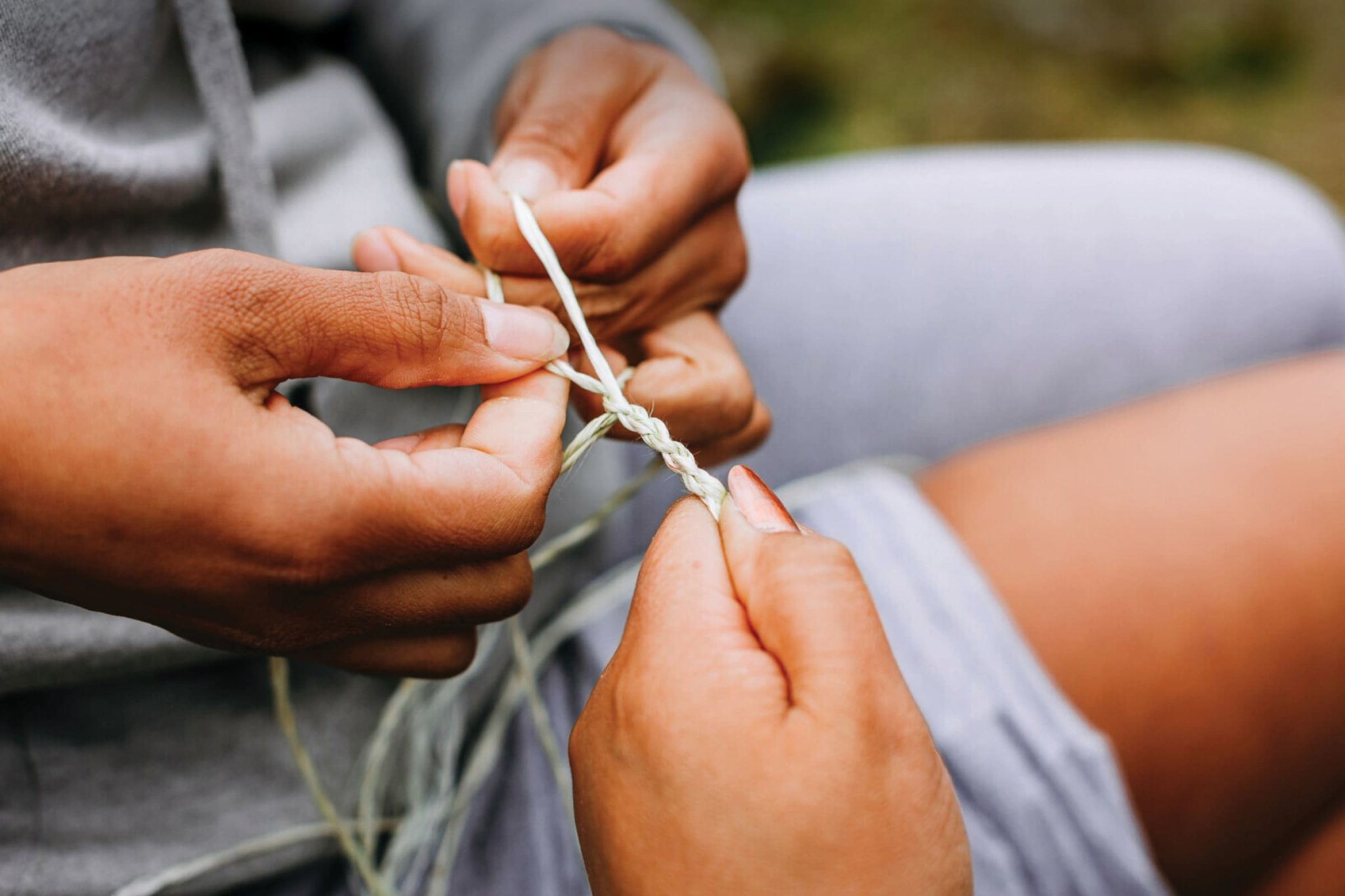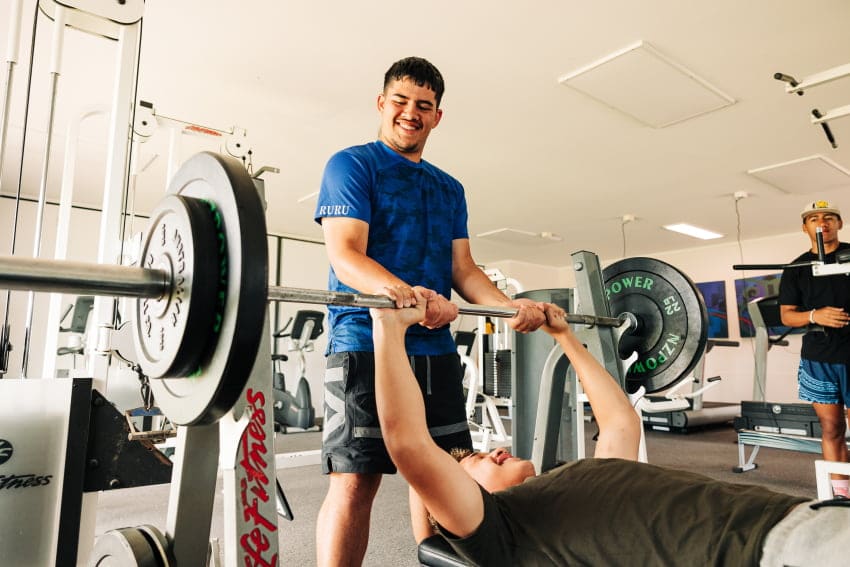
Reconnect Te Ope Pirita Supported Bail is the largest supported bail service in New Zealand, designed for youth aged 12 to 18 who have appeared in Youth Court. Guided by court orders, the programme encourages young people to meet bail conditions, reduce community risks, and fosters positive development within whānau to build brighter futures.
About the Programme
Reconnect Supported Bail is a 4 to 6-week intensive, community-based initiative (4 weeks for those on Electronic Monitoring bail). We:
Throughout the programme, Supported Bail youth workers assist young people in navigating Youth, Rangatahi, Pasifika, and District Court processes. A dedicated Whānau Support worker from our Te Ara Tupu team works closely with families to enhance their resilience and equip them with strategies to respond to offending behaviour.
Programme Details
Supported Bail runs for six weeks, operating Monday to Friday from 9:00 AM to 3:00 PM. Young people are transported to and from their bail address. Upon completion, participants are celebrated through a graduation ceremony, with stakeholders invited to acknowledge their achievements.
Where necessary, the programme may extend to support a positive transitional period, upon agreement with the relevant Oranga Tamariki site.

Programme Activities
Once a referral is accepted, the young person is partnered with a Youth Worker and an individual plan is created collaboratively. Activities include:
Eligibility
This programme is designed for young offenders aged 12 to 18, referred at the discretion of the Youth Court under S238(1)(b) of the Oranga Tamariki Act 1989. Referrals are accepted across the Auckland region, with consideration for out-of-region cases.
Flexi Bail Services – Additional After-Hours Support
To provide continued support outside standard programme hours, our Flexi Bail service offers targeted assistance from Thursday to Sunday, tailored to the specific needs and schedules of each case.
Referral Process
Placements for both Supported Bail and Flexi Bail are referral based and are coordinated between Oranga Tamariki and our Team Leader.
Phone 09 926 5360 or email info@reconnect.org.nz
Individual programme contact details here.
8 Puhinui Road
Manukau
Auckland 2104
15 Puriri Street
New Lynn
Auckland 0600
PO Box 276182
Manukau City
Auckland 2241